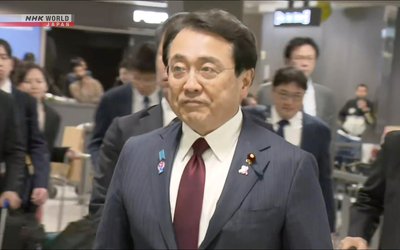More on Politics





The new Chinese ambassador did not mince words. A rare thing from a Chinese diplomat. Speaking from the podium of the Reporters’ Club at Putali Sadak, he blamed “international forces” for fomenting anti-Chinese activities from the Nepalese territory.
He gave a clean chit to the host country, while lambasting the outside forces for contributing to the upsurge in the activities of the Tibetans in recent times.
Coincidentally, an American Congressman came avisiting Nepal and discussed with the Nepalese authorities, among others, the “issues” of the Tibetan refugees. Just before the diplomat’s remarks.
Another Congressman came, after the remarks. He met, among others, “the members of the Tibetan civil society” based in Kathmandu.
This may be a mere coincidence, but the Chinese consternation over the growing western interest – and the perceived involvement – in the Tibetan cause has continued to rise in recent years. Especially after the political instability and confusion that followed the Jana Aandolan-2.
Having apparently failed to find a credible and reliable political force to bank on, to take care of its interests, the Chinese seem to have decided to jump into the action in what is described diplomatic parlance as “self defence”.
The outburst of the Chinese ambassador and the circumstances that led him to make such remarks certainly do not bode well for the future of Nepal at a time when it is going through a fragile political transition.





